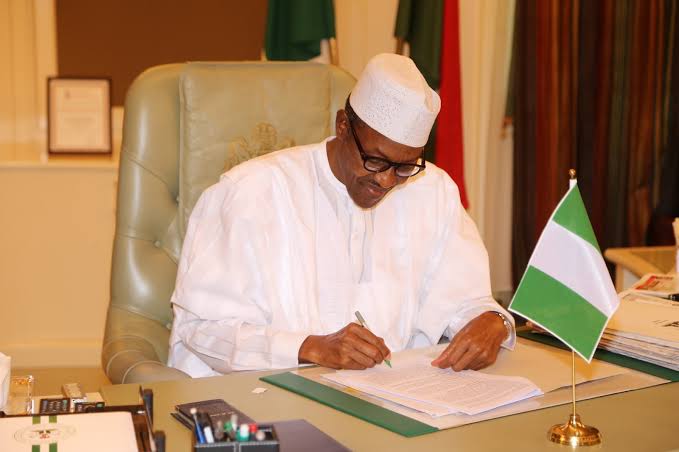Dr Waheed Olagunju, former acting Managing Director/CEO, Bank of Industry (BoI), on Wednesday charged government at all levels to partner the private sector to fix the country’s ailing infrastructure to achieve economic growth and development.
Olagunju spoke at the national workshop of the Association of Business Editors in Nigeria (ABEN), themed: ‘Infrastructure Financing as Pathway to Sustainable Economic Development,’ on Wednesday in Lagos.
He said there couldn’t be meaningful development without investment in infrastructure.
According to him, to address the infrastructure gap, government must partner the private sector to fund key infrastructure projects.
Olagunju said the Federal Government, through the National Development Plan (2021-2025), expected the transportation industry to generate 15 per cent of the funds required to develop road, rail, maritime and aviation infrastructure.
This, he noted, amounted to N52 trillion of the over N300 trillion revenue targets to be injected into the economy.
He added that 85 per cent of resources was expected to come from the private sector through Public Private Partnership (PPP).
While making a case for inclusive growth and sustainable development, the former BoI boss, said good ratings were critical to making Nigeria an investment hub.
He urged the Federal Government to put in place internationally acceptable standard and structure that financiers would be interested in, to fund developmental projects in the country.
“Nigeria must be an investment hub for investors. Let’s continue to market Nigeria as an investment destination, ignore negative reporting affecting the rating of Nigeria. The rule of law must be right to build confidence in the system.
“Our laws and constitution should not be cumbersome, but adaptive and should avoid too much bureaucracy that could distract investments.
“Infrastructure takes between 20 to 30 years, hence, structures must be built around continuity of infrastructural projects irrespective of who is in government,” he pointed out.
Dangote Group, co-sponsor of the workshop, promised to play more critical roles in the years ahead toward supporting public private partnership that would improve the nation’s infrastructure.
Giving a keynote speech at the event, Lagos State’s Commissioner for Economic Planning and Budget, Mr Sam Egube, restated the need to raise capital from all credible sources to fix infrastructure.
He added that efforts must be put in place to ensure fiscal financing structure met international standards, such that, the private sector could finance projects without fear of losing their money.
Egube stated that Lagos State had tried this model and found it to be working.
He said a lot of capital projects in the state had more private sector funds, lending credence to the quality of structures of the state government to attract financiers for its projects.
According to him, to get funding from the private sector, both local and international, for infrastructure projects, the ratings of the government or organisation must be right.
“Pension funds is also another alternative to finance infrastructure development, but you must get your structure right to drive the needed funding.
“Infrastructure is huge. So, it’s beyond the federal government alone; states and local governments must equally play their parts while the private sector provides the funding.
“However, private sector is key in all these projects, hence, the government must embrace PPP to address infrastructure deficit in the country,” he said.
Also, the managing director, of Sundry Foods Ltd., Mr Ebele Onunwa, who was represented by the company’s Regional Manager, Mr Jubril Shoaga, called on government to address the challenge of multiple taxation impeding Small and Medium Enterprises (SMEs) across the country.
Earlier, the Chairman, of ABEN, Mr Omoh Gabriel, said the level of infrastructure deficit in the country was a cause for concern, calling for more discussions around the critical problem.
He noted that every developed economy invested heavily in infrastructure, adding that Nigeria’s case should not be an exception.
To this end, he called for more collaboration between the public and private sectors.
Goodwill messages were delivered by the Dangote group, United Bank for Africa (UBA) and Access Bank, among other sponsors of the annual conference.
